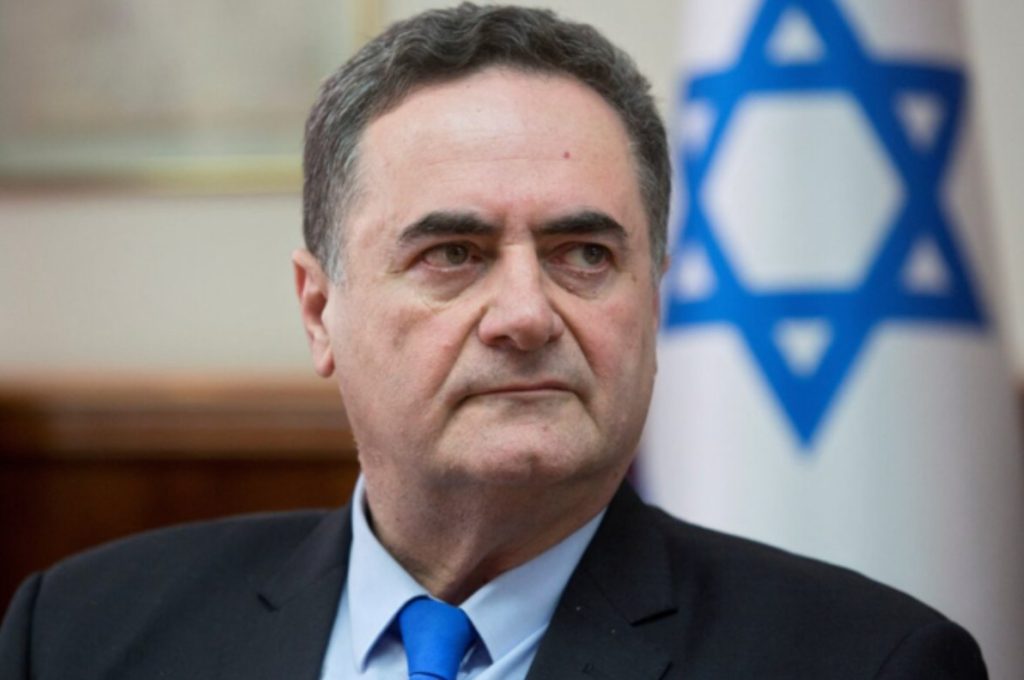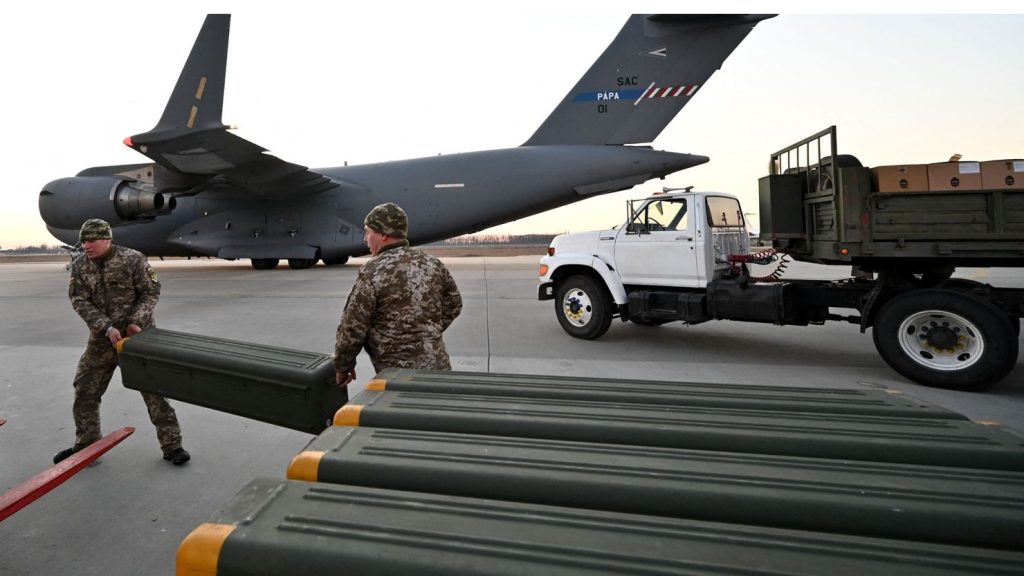Economy
Oil marketers continue fuel imports despite local refineries
DDM News

Nigeria’s major oil marketers have continued importing refined petroleum products despite improved domestic refining capacity.
Over five months, they imported 6.38 billion litres of Premium Motor Spirit (PMS) and Automotive Gas Oil (AGO).
Independent marketers and retailers opposed this, arguing that the importation consumed about N6tn and increased pressure on Nigeria’s foreign exchange.
The Independent Petroleum Marketers Association of Nigeria and the Petroleum Products Retail Outlet Owners Association of Nigeria condemned the trend.
A detailed advertorial in the Diaspora digital media (DDM) revealed that tanker vessels transported over 5.01 billion litres of petrol and 1.37 billion litres of diesel.
The importation occurred between October 2024 and February 2025, highlighting the sustained dependence on foreign petroleum products.
With an average price of N900 per litre, PMS imports cost N4.51tn, while diesel imports at N1,100 per litre cost N1.51tn.
This resulted in a total expenditure of N6.02tn on fuel importation within the period.
The analysis showed that the imported products arrived through four seaports, with Lagos receiving the highest volume.
Apapa and Tin Can ports accounted for 3.86 billion litres, reinforcing Lagos’ dominance in petroleum imports.
Port Harcourt ranked second, handling 5.63 billion litres of fuel over the period.
Calabar port received 1.39 billion litres, while Warri recorded the lowest importation at 389.52 million litres.
Nigeria’s domestic refining capacity stands at 985,000 barrels per day, sufficient for 50 million litres of daily fuel consumption.
Despite this, fuel importation continues, raising concerns about the efficiency of local refineries.
On November 26, 2024, the government announced the commencement of petrol production at the Port Harcourt refinery.
Following rehabilitation, stakeholders visited the facility, witnessing the production of petrol, diesel, and kerosene.
The refinery consists of two units: the old plant with 60,000 barrels per day and the new plant with 150,000 barrels per day.
The total refining capacity of the Port Harcourt refinery stands at 210,000 barrels per day.
One month later, the Nigerian National Petroleum Company Limited (NNPCL) announced the restart of the Warri refinery.
According to the presidency, the Warri Refining and Petrochemical Company (WRPC) prioritizes the production of essential petroleum products.
These include Straight Run Kerosene, Automotive Gas Oil, heavy naphtha, and light naphtha.
Earlier in 2024, the Dangote Petroleum Refinery commenced operations with a capacity of 650,000 barrels per day.
The activation of these refineries led to calls for an end to fuel importation.
However, major oil marketers maintained fuel imports to supplement domestic supply shortfalls.
Analysis of import documents identified leading oil marketers responsible for the imports.
Aside from NNPC, the listed importers included BOVAS, Eternal Oil, AA Rano, Fatgbems, and Matrix Energy.
Other importers were Ibeto, Swift, Raj, T-Time, Wosbab Energy, NorthWest, Sobaz, TS Logistics, and Shorelink.
Stockgap, MEJ, Nepal, Rainoil, AYM Shafa, and several others also participated in fuel importation.
In a previous statement, NNPCL Group CEO Mele Kyari claimed the company had not imported fuel in 2025.
He emphasized that NNPC had relied solely on local sources for fuel distribution.
Further analysis of import data revealed monthly trends in fuel importation.
In October 2024, Nigeria imported 1,034,446 metric tonnes of petrol, equivalent to 1.39 billion litres.
Lagos ports received the largest share, handling 580,122 metric tonnes or 777.94 million litres.
Calabar port received 64,000 metric tonnes or 85.8 million litres, while Port Harcourt received 94,224 metric tonnes or 126.35 million litres.
Warri port recorded 296,100 metric tonnes, equivalent to 397.1 million litres of petrol.
Diesel imports for October amounted to 285,519 metric tonnes or 335.77 million litres.
In November 2024, petrol imports rose to 1,065,925 metric tonnes, translating to 1.43 billion litres.
During the same period, diesel imports totaled 258,000 metric tonnes or 303.41 million litres.
December 2024 saw a reduction in petrol imports to 746,127 metric tonnes.
Diesel imports also declined to 248,100 metric tonnes, amounting to 291.77 million litres.
By January 2025, petrol imports further dropped to 367,199 metric tonnes, equaling 492.4 million litres.
Diesel imports during the month stood at 146,866 metric tonnes or 172.71 million litres.
In February 2025, Nigeria imported 523,300 metric tonnes of petrol and 226,086.11 metric tonnes of diesel.
The imported volume for February amounted to 701.75 million litres of petrol and 265.88 million litres of diesel.
The February import figures aligned with the 50-million-litre daily shortfall announced by the Nigerian Midstream and Downstream Petroleum Regulatory Authority.
A monthly estimate indicated that Nigeria required 700 million litres of petrol to meet demand.
The continuation of fuel imports sparked reactions from petroleum marketers.
Billy Gillis-Harry, President of the Petroleum Products Retail Outlet Owners Association of Nigeria, criticized the importation trend.
He reminded stakeholders of an agreement to prioritize local refining over fuel imports.
He questioned why some marketers disregarded this resolution despite Nigeria’s refining progress.
Gillis-Harry argued that fuel importers likely sourced forex from unofficial markets.
“We agreed to prioritize local content, but some still import fuel,” he stated.
He emphasized that the Central Bank of Nigeria did not allocate forex for fuel imports.
Stakeholders, he noted, focused on supporting domestic refineries such as Dangote, NNPC, and others.
PETROAN members, he insisted, opposed importation, preferring locally refined products.
“All industry players should support domestic refineries instead of relying on imports,” he added.
He listed Azikel, Edo, Niger Delta, and Watersmith refineries as emerging players in local refining.
According to him, local refining could attract foreign investors and boost Nigeria’s economy.
He pointed out that fuel importation remained Nigeria’s largest forex expenditure.
Reducing imports, he argued, would strengthen the naira and lower fuel costs.
Similarly, Chinedu Ukadike, spokesperson for the Independent Petroleum Marketers Association of Nigeria, denied IPMAN’s involvement in fuel importation.
IPMAN members, he explained, sourced products locally to encourage investment and job creation.
He described the continued importation of fuel as a backward step for Nigeria.
“The focus should be on developing refineries like Dangote and NNPC,” he stated.
He insisted that independent marketers concentrated on distributing local products.
IPMAN, he emphasized, supported policies promoting local refining and economic growth.
He warned that fuel importation harmed Nigeria’s forex reserves and GDP growth.
He urged investors to establish more refineries in Nigeria.
More local investment, he asserted, would reduce unemployment and improve living standards.
He argued that Nigeria should not export jobs by relying on foreign refineries.
“All jobs created through oil refining should remain in Nigeria,” he declared.
On the other hand, Clement Isong, Executive Secretary of the Major Energies Marketers Association of Nigeria, defended fuel importation.
He maintained that importation fostered competition and kept pump prices stable.
According to him, imported fuel ensured market competitiveness and price balance.
“Importation contributes to price competition in the fuel market,” he said.
He, however, reiterated MEMAN’s support for local refining.
He clarified that competitive pricing required local refiners to match import prices.
“The key to lower fuel prices is a competitive market,” he asserted.
The debate over fuel importation continues despite Nigeria’s expanding refining capacity.
Oilmarketers, regulators, and stakeholders remain divided on the issue.
The future of Nigeria’s oil industry hinges on balancing domestic production and imports.
For Diaspora Digital Media Updates click on Whatsapp, or Telegram. For eyewitness accounts/ reports/ articles, write to: citizenreports@diasporadigitalmedia.com. Follow us on X (Fomerly Twitter) or Facebook











